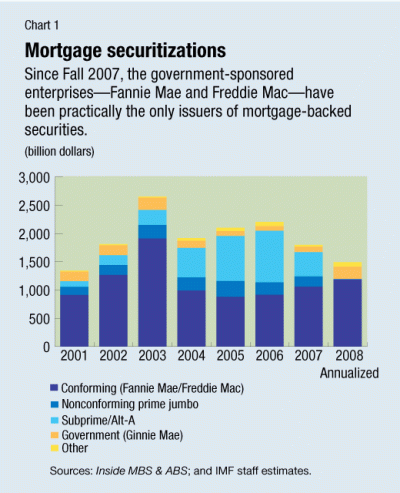My biggest issue with it is that you can theoretically own your home, free and clear, yet if you're unable to pay your property taxes, the gov't can simply seize it, profit greatly from it, and the homeowner is now out on the street.
Hypothetical example...some old lady who's lived on the homestead her whole life now has a home worth $1M, because of expensive development going up around her. Let's say the taxes on it are $20,000 per year, but she's only living off a meager social security, plus whatever her deceased husband might have had. She can't make her tax payments anymore, so the gov't steps in, takes it, kicks her off, and sells it to a developer for $1M. Well, they just profited to the tune of $980,000, and that little old lady is now homeless.
Now, I'm sure that's a very rare example. And you'd think that most people in that situation would simply sell and move. But then again, maybe not. Old people can be very stubborn. And, when they've lived in a place for long enough, establish their roots, they often have a bond with their home that most younger generations simply can't understand. To move them from their land could very well kill them.
Often, people like this first moved onto their land when property taxes were nominal. For instance, I found an old property tax bill to my house from 1961. It was a whopping $200. Last year, I paid $3071. Now, inflation has gone up considerably from 1961, but not to the tune of 15x! And, if it wasn't for the housing bubble burst, and plummeting assessments, it would have been worse. In 2010, my taxes would have been something like $5,000, but there was a Homestead tax credit of about $1800 applied to that, for it being my principal residence, so the bill I paid was only $3200. When assessments dropped, it ate into the credit first, which is why my actual bill didn't go down much. But, had I sold it in 2010, the new owner would have been stuck with the full $5000.
As time goes by, things do build up around them. Roads get improved, the sewer comes through and the gov't forces you to either hook up to it, or get your house condemned. They take a wide swath of your land for it, pay you a pittance, but then make YOU pay to hook up, over the course of twenty years! Then, more and more expensive homes go in, driving up property values, and assessments, so your taxes jack up even higher.
So, often, a lot of these older people get sort of the "We didn't land on Plymouth Rock, Plymouth Rock landed on US!" type of attitude.

